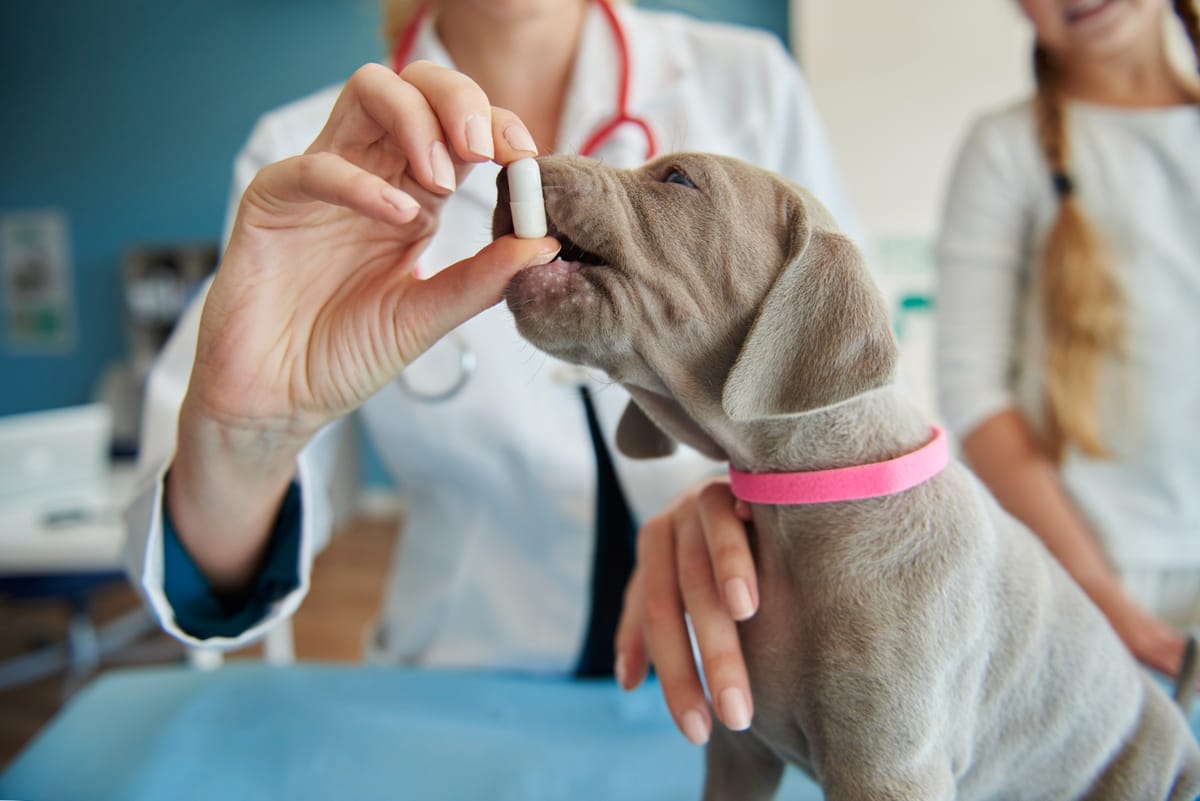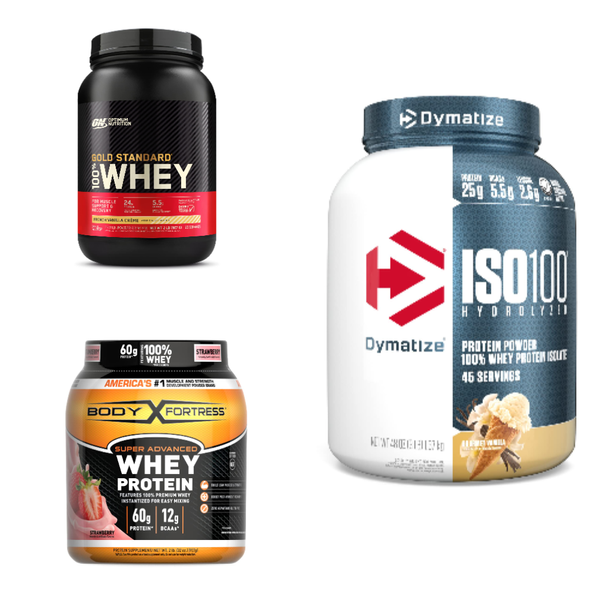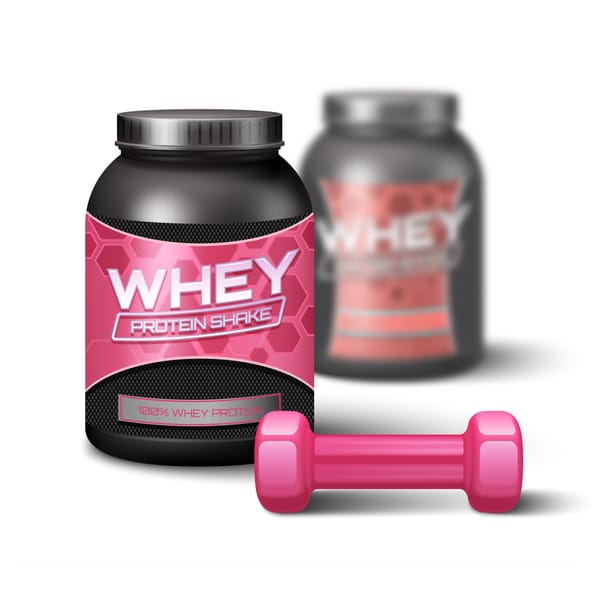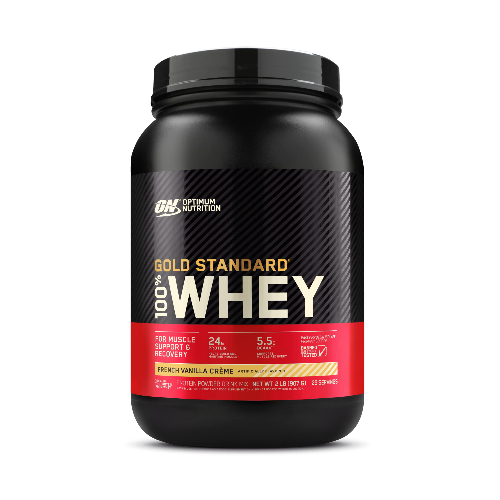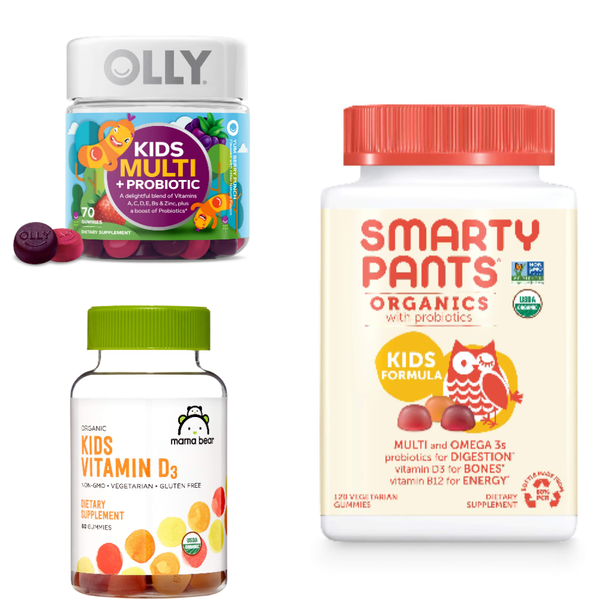Every loving dog owner is invested in their pet's health and well-being. One question that often arises in the quest to ensure our dogs' optimal health is, "Can dogs take human vitamins?" This is a critical question, as many people might be tempted to share their vitamin supplements with their beloved pets. However, the answer to this question isn't as straightforward as one might hope.
Understanding Dog Vitamins vs. Human Vitamins
When it comes to the health of your furry best friend, ensuring they get all the right nutrients is just as important as it is for us humans. But, did you know that they can't simply take the same vitamins that we do? Naturally, dog vitamins and human vitamins differ in several significant ways. Understanding these differences can help ensure your pet is getting the proper nutrition they need.
Nutrient Needs
Compared to humans, dogs have different nutrient needs. Just like how different breeds have varied dietary requirements, their vitamin needs differ as well. For instance, the B vitamins, like thiamin, riboflavin, and niacin, are essential for dogs; however, they require lower doses than humans do. Another example is vitamin C. Unlike humans, dogs can synthesize their vitamin C; therefore, supplementing them with the vitamin is unnecessary. Hence, selecting vitamin supplements specific to canine health is important instead of giving them human-friendly vitamins.
Flavor and Form
Vitamins made for humans are often not palatable for dogs. It can be quite challenging to get dogs to consume vitamins in the form of pills or capsules. Additionally, human vitamins may not even have flavorings or scents at all and may have inactive ingredients that could be harmful to dogs. Consequently, many dog vitamins are manufactured in a palatable form with the addition of flavorings and scents that are attractive to canines. This makes it easier to administer the supplement and ensure compliance.
Dose Strength
The dosage of vitamins is another significant difference between dog and human supplements. Human vitamins contain more potent doses that can be both harmful and toxic to dogs. For instance, in vitamin D supplements, a typical adult human dosage could be five to 10 times higher than what a dog of the same weight would require. Hence, giving a human dosage to a dog can lead to vitamin toxicity and harm their health. As such, there are vitamin supplements made specifically for dogs and are equally as effective as human vitamins but with safe dosages recommended for dogs.
Nutrient Interaction
While some vitamins react with each other, increasing their potency, others interact negatively, and their absorption rates decrease. This interaction is the reason why humans shouldn't take an overdose of vitamins without first consulting their doctor. The same concept applies to dogs. Some vitamins may be safe at regular doses, but when combined with other vitamins or supplements, they can become dangerous to dogs. It's essential to find vet-approved vitamins or supplements to give your pet and avoid ones that react negatively to other nutrients.
Possible Side Effects
Finally, there is the possibility of side effects. It's essential to understand that dogs can experience side effects when given vitamins, just like humans. While some side effects are mild, like diarrhea and vomiting, others can be severe, leading to cardiovascular problems. Human vitamins can be potent and could cause complications when not correctly administered. As such, it's best to consult a veterinarian who can recommend the best vitamin supplement for your specific dog breed and provide proper dosage instructions.
The Risks of Human Vitamin Supplements for Dogs
While some vitamins, like B complex vitamins and other water-soluble vitamins, are generally safe for dogs, others like Vitamin D, Vitamin A, and iron can cause serious health issues if ingested in excessive amounts. These vitamins are fat soluble, meaning they are stored in the fat cells of the dog's body and can build up over time, leading to vitamin toxicity.
Even prenatal vitamins, which are often recommended to humans for their folic acid content, can lead to iron toxicity in dogs. Similarly, children's vitamins, despite their fun shape and lower dosage, are still not safe for canine consumption due to the risk of accidental ingestion of harmful substances such as xylitol.
The Importance of Dog-Specific Vitamins and Supplements
To ensure your dog's health, it's crucial to provide them with vitamins and supplements specially formulated for dogs. These dog vitamins are designed by veterinary nutritionists to meet the specific nutritional needs of dogs at every life stage.
For instance, puppies require different nutrients compared to adult dogs, and seniors may need additional vitamins to support their immune function, digestion, and overall health. Dog vitamin supplements can also benefit dogs on a homemade dog food diet, as these diets may not provide all the essential vitamins and minerals necessary for a healthy life.
However, it's important to note that quality dog food, whether commercially prepared or homemade, should provide all the necessary nutrients your dog needs. If you're making homemade food for your dog, consult with a veterinary nutritionist to ensure your dog's diet is balanced and complete
When to Consider Vitamin Supplements for Dogs
While most dogs on a balanced diet won't require additional vitamins, certain situations might warrant supplementation. Dogs with specific health issues, such as digestive health problems or skin conditions, might benefit from specialized pet supplements.
If you're considering a new vitamin supplement for your dog, it's essential to consult with your veterinarian first. They can guide you on the appropriate amount to give your dog to avoid overdosing.
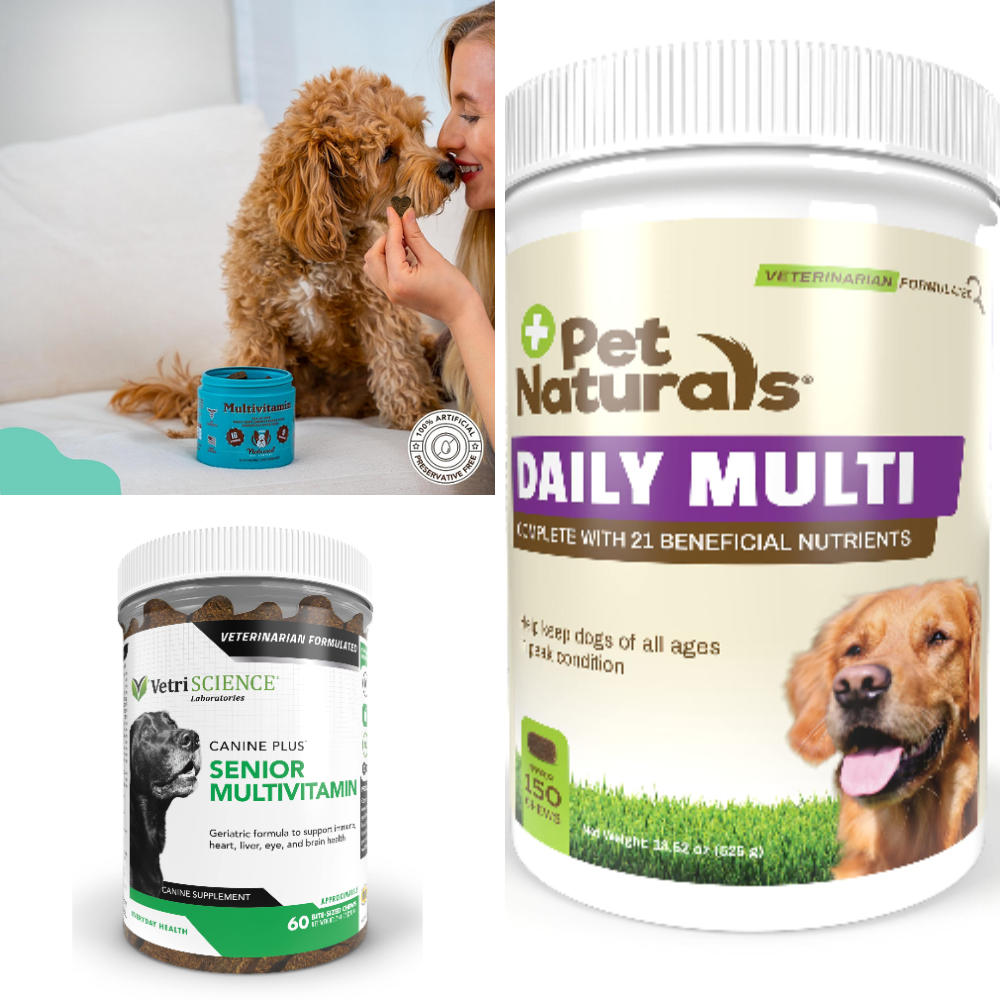

In conclusion, while it might seem like a good temporary solution to give your dog human vitamins, it's not advisable due to the potential risks involved. Instead, opt for dog-specific vitamins and supplements, as they are specially formulated to safely provide the nutrients your dog needs.
Always remember to consult with a professional before introducing any new supplements into your dog's diet. With the right guidance, you can ensure your furry friend leads a healthy and happy life.



